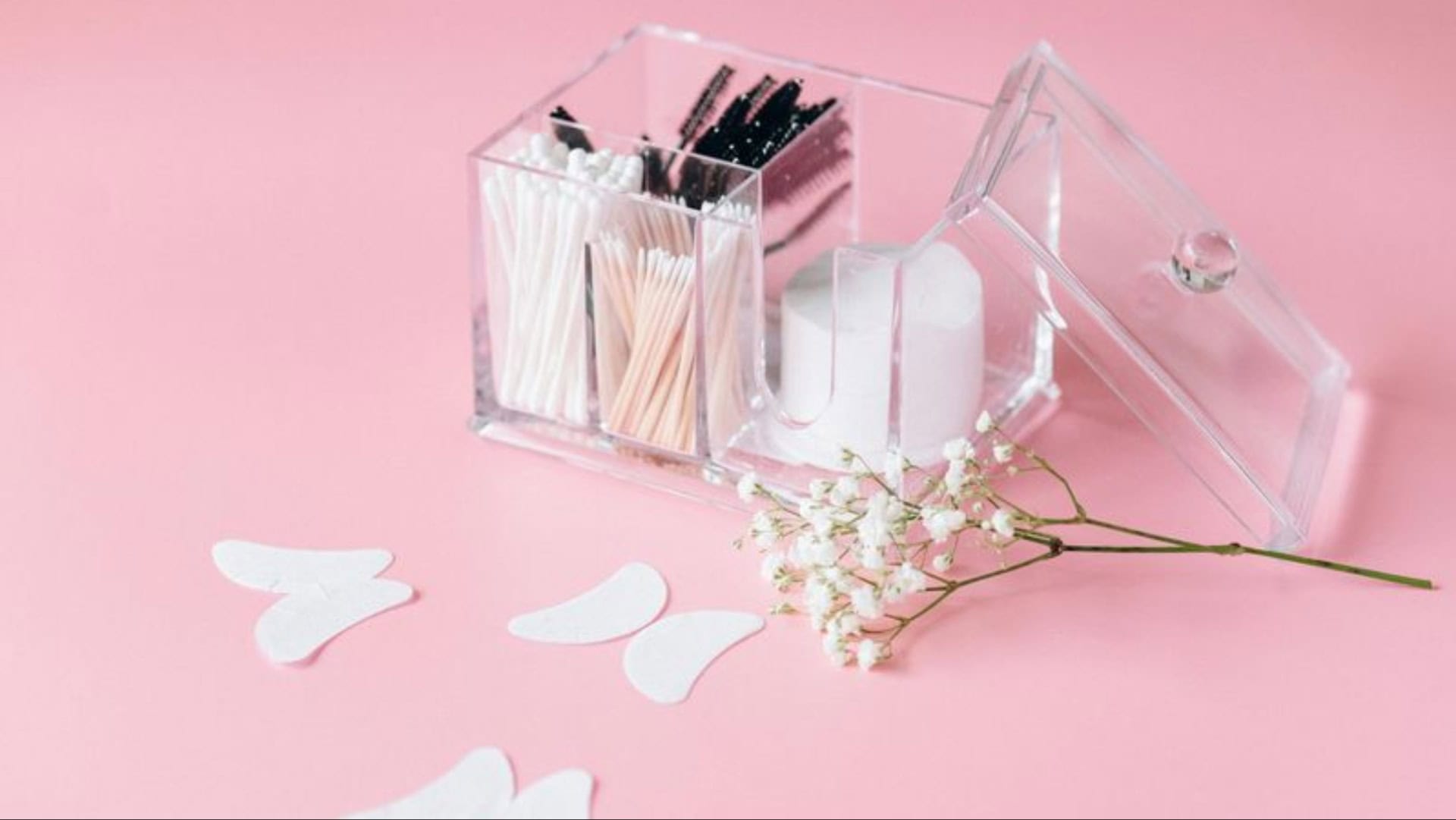It’s easy to overlook what goes down our drains, but not everything belongs there. Improper disposal can lead to costly plumbing issues and environmental harm.
Let’s explore 11 common items that should never find their way into your toilets or sinks.
1. Cotton Balls and Swabs
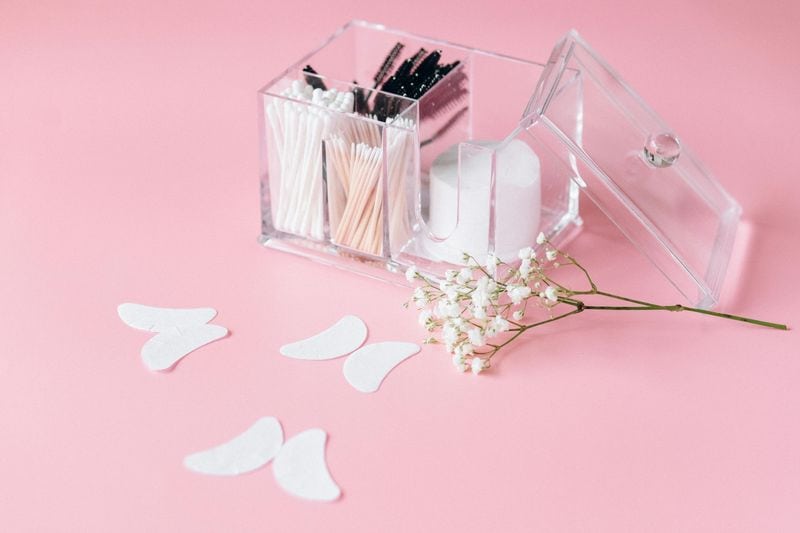
Cotton balls and swabs may seem harmless, but they’re notorious for causing drain blockages. These items absorb water and expand, leading to clogs.
They’re best discarded in a wastebasket. Avoid the temptation to flush them.
By doing so, you ensure your pipes stay clear and your plumbing remains headache-free.
2. Dental Floss
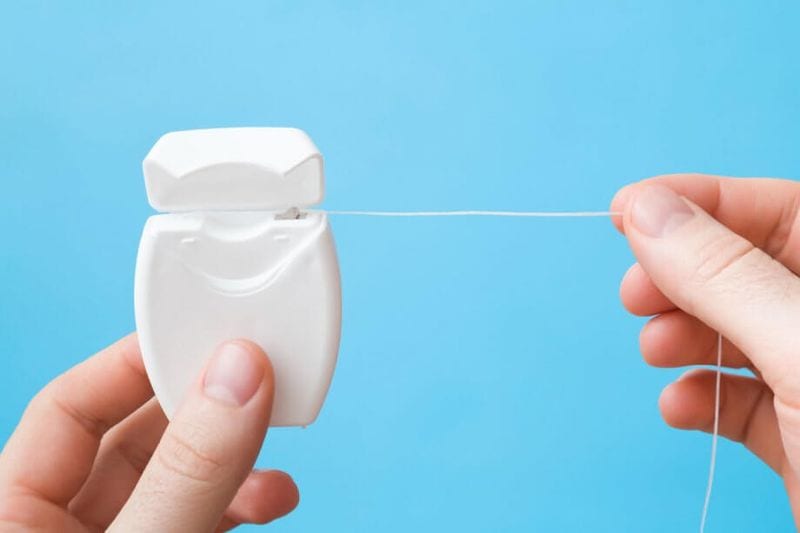
Dental floss might appear innocent, but it’s a silent plumbing menace. Floss doesn’t biodegrade; instead, it tangles with other debris, forming clogs.
Always toss it in the trash. This small act prevents potential plumbing mishaps and keeps your drains flowing freely.
Remember: floss belongs in the bin, not the bowl.
3. Grease, Fats, and Cooking Oils
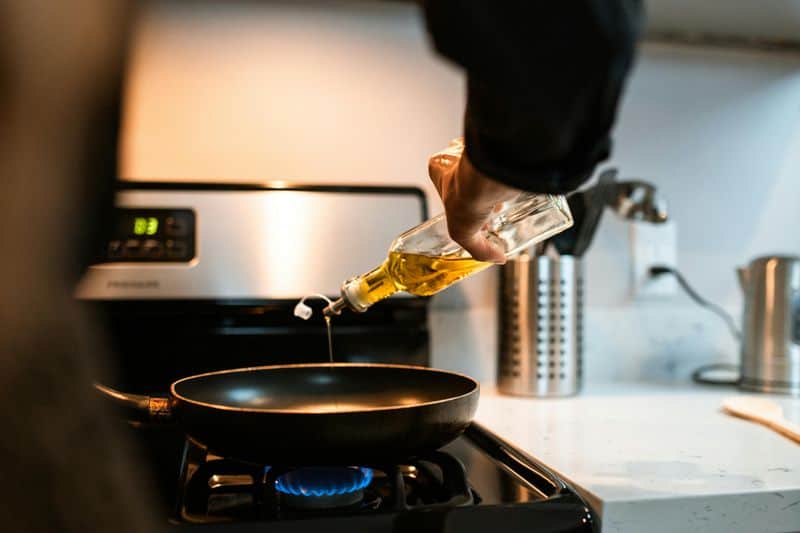
Pouring grease, fats, and oils down the drain seems convenient, but it’s a recipe for disaster.
These substances solidify in pipes, leading to stubborn blockages. Instead, collect them in a container and dispose of it properly.
By doing this, you’ll avoid costly plumbing repairs and help maintain a healthy sewage system.
4. Baby Wipes
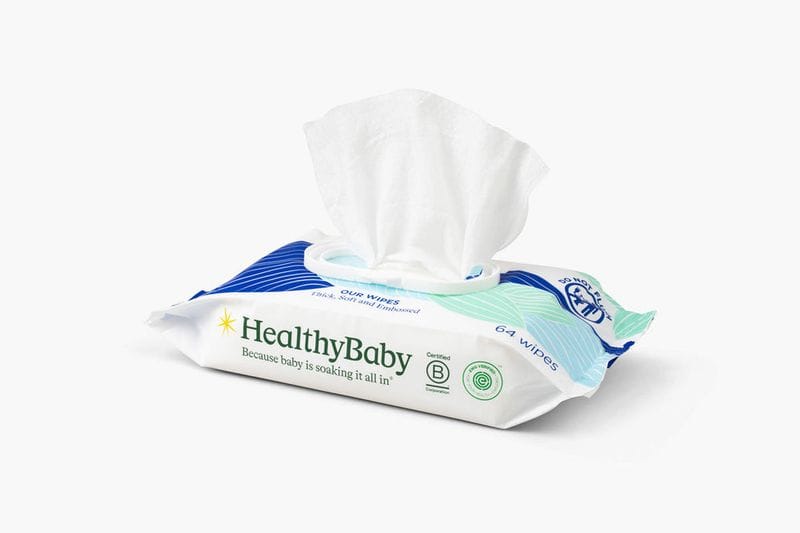
Despite being labeled as “flushable,” baby wipes can wreak havoc on plumbing systems. Unlike toilet paper, they don’t break down in water.
Instead, they clump together, causing severe clogs. Always dispose of them in the trash.
By doing so, you save yourself costly plumbing repairs and protect our water systems from unnecessary harm.
5. Hair

Hair is a notorious culprit for clogged drains. It entangles with soap residue and other debris, forming stubborn blockages.
Regularly clean your drain or use a hair trap to prevent accumulation.
A little maintenance goes a long way in keeping your plumbing system running smoothly and avoiding disruptive clogs.
6. Coffee Grounds
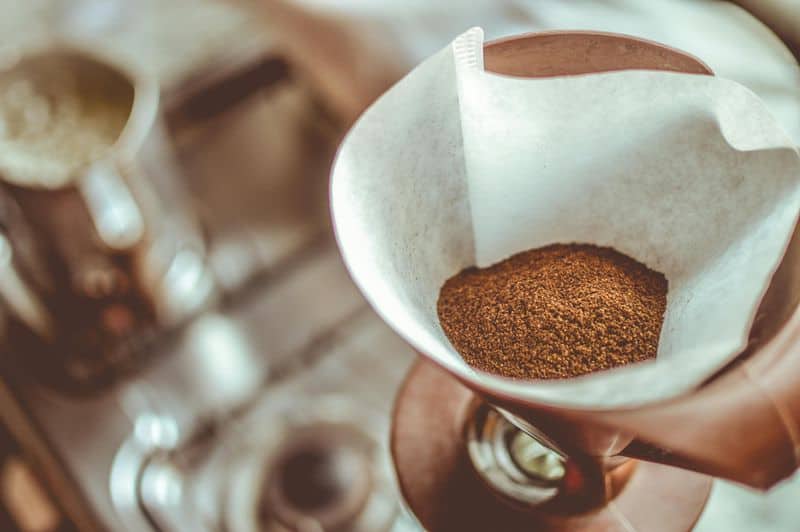
Many people assume coffee grounds can be washed away, but they settle in pipes, leading to clogs. Instead, add them to a compost heap or trash.
This small change in habit not only benefits your plumbing but also enriches soil if composted.
Keep your drains clear by keeping coffee grounds out of them.
7. Bandages
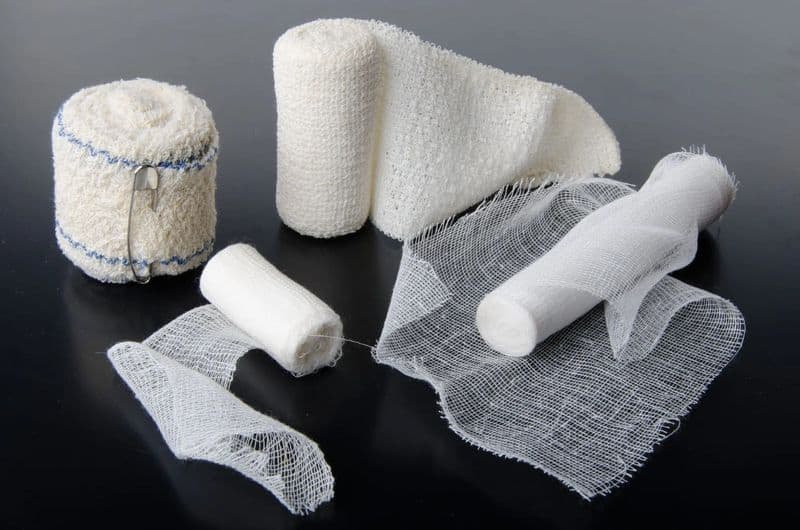
Bandages, whether plastic or fabric, should never be flushed. They don’t break down in water and can cause blockages.
Always discard them in a trash can. Proper disposal ensures your plumbing remains trouble-free and reduces environmental impact.
Remember, waste bins, not toilets, are the right place for bandages.
8. Feminine Hygiene Products
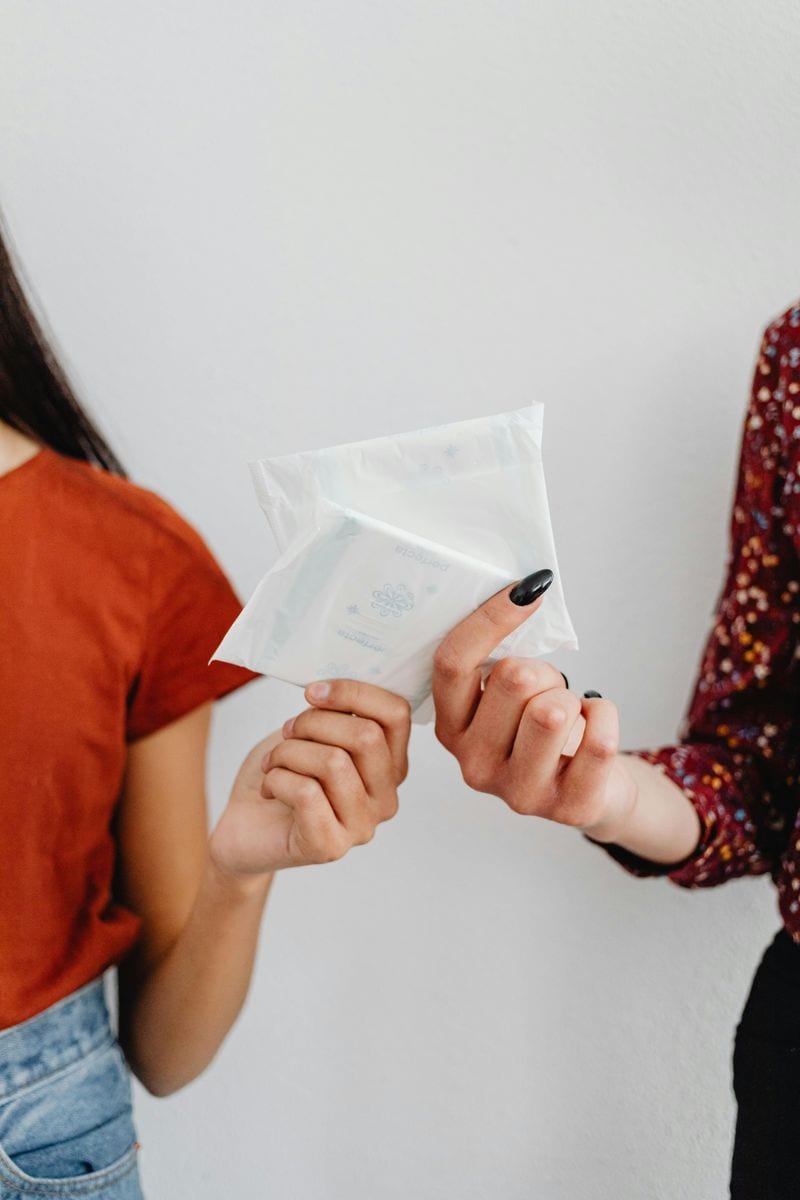
Feminine hygiene products, though essential, are not meant for flushing. These items, including pads and tampons, don’t disintegrate like toilet paper.
They can expand and cause blockages in your plumbing.
Always opt for a trash disposal. Remember, sanitary bins are there for a reason: to prevent plumbing nightmares and safeguard our environment.
9. Paints, Solvents, and Chemicals
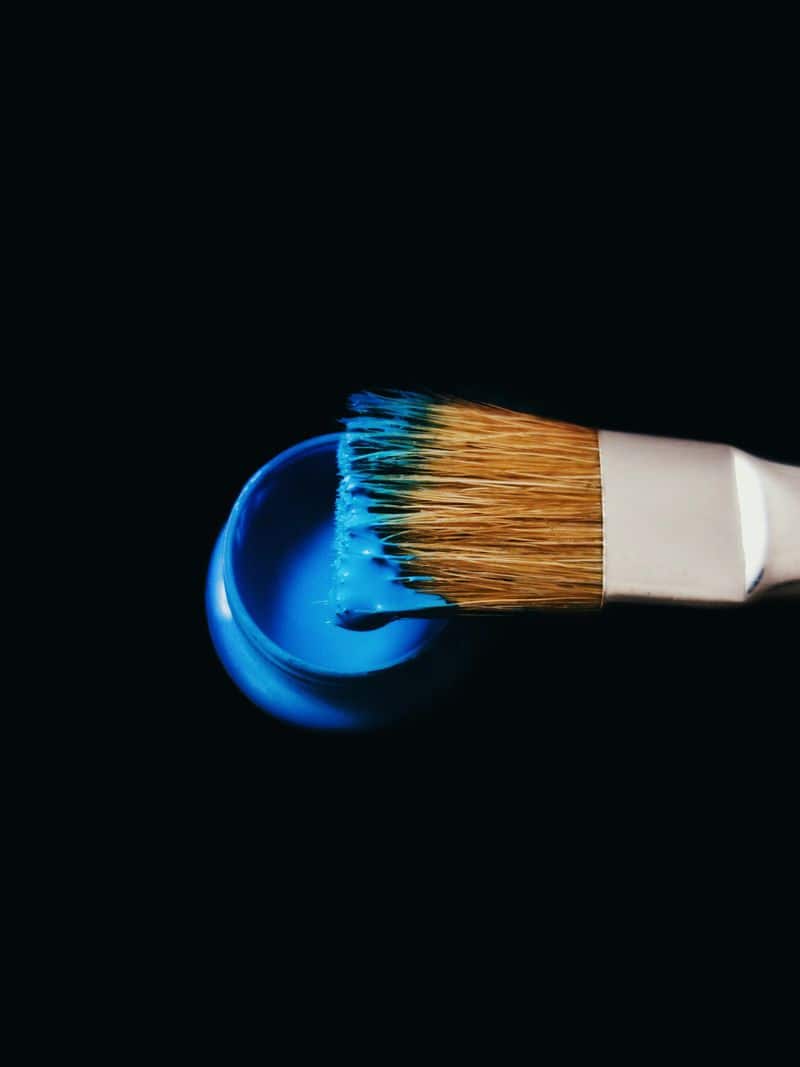
Toxic substances like paints and solvents should never enter plumbing systems. They not only damage pipes but also contaminate waterways.
Always dispose of these materials following local hazardous waste guidelines.
Protect your plumbing and the environment by keeping chemicals far from drains.
10. Large Food Scraps
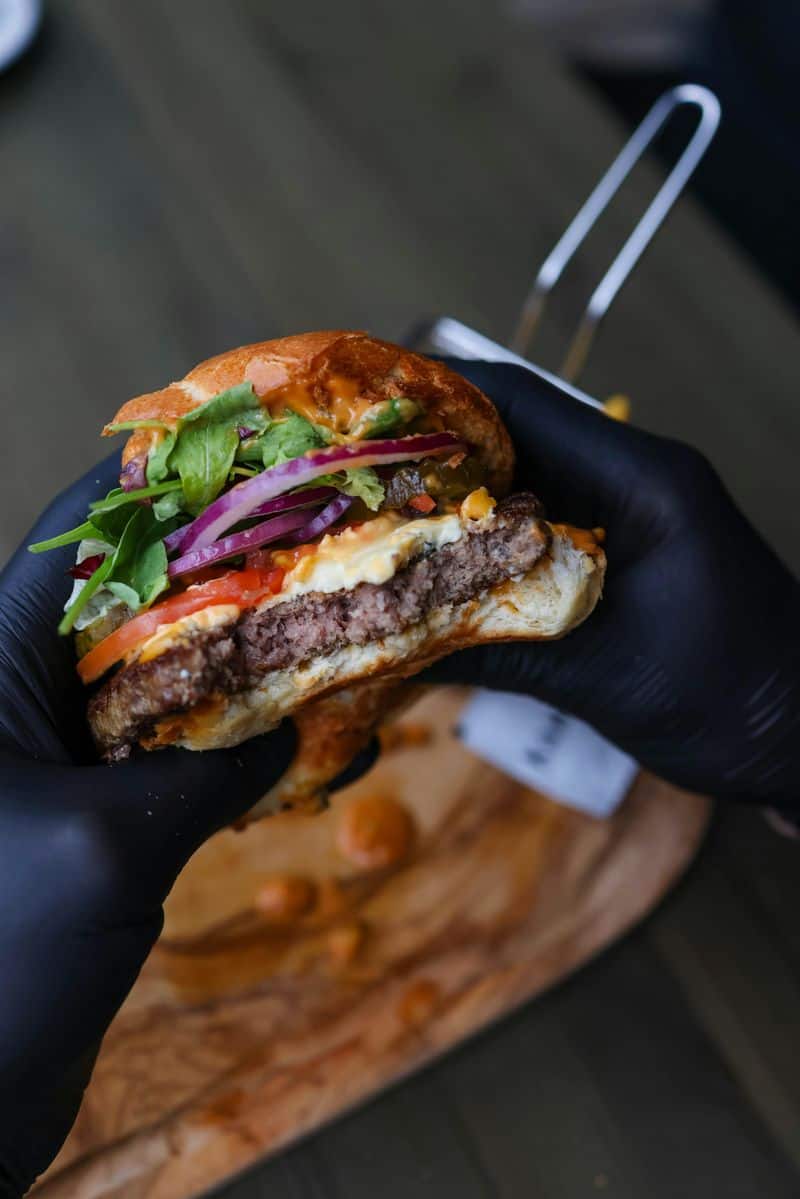
Even with a garbage disposal, large food scraps can lead to clogs.
They’re better suited for a compost bin. By separating food waste, you help keep your plumbing clear and contribute to sustainable practices.
Composting enriches soil and reduces landfill waste, making it a win-win situation for you and the planet.
11. Plastic

Plastic items, no matter how small, should never be flushed. They don’t decompose and can cause severe blockages.
Always recycle or dispose of plastic properly. This simple action prevents plumbing issues and keeps the environment clean.
Remember, plastic belongs in recycling bins, not toilets.

